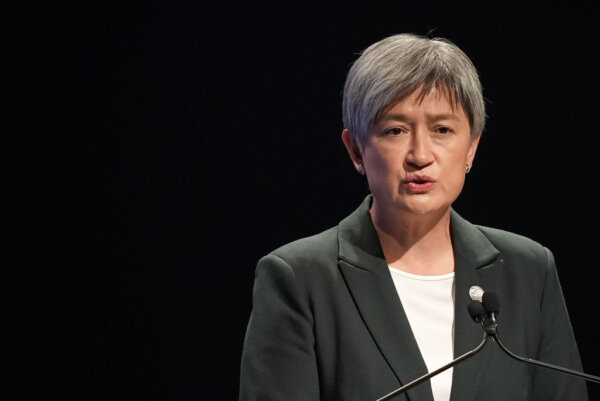The Labor Party finds itself in a challenging political situation, with pressure coming from both sides of its support base. Foreign Minister Penny Wong’s recent statement regarding a two-state solution for Israelis and Palestinians has caused controversy within the party. The announcement deviates from the longstanding bipartisan position on the Middle East conflict and lacks the necessary conditions for recognizing Palestine. This issue stems from the recent Hamas massacre in Israel and the subsequent actions taken by both sides.
The Labor Party is facing challenges from the Left faction and Muslim groups, especially in Western Sydney. Muslimvotesmatter.com.au highlights vulnerable seats held by Labor, with significant Muslim voter populations. Members of the Right faction, such as Tony Burke, Jason Clare, and Chris Bowen, are particularly at risk. The influence of the Left faction, led by figures like Anthony Albanese and Penny Wong, is growing within the party, causing tensions over the Palestinian-Israeli conflict.
The Labor Party’s shift in stance raises concerns about prioritizing electoral interests over national interests. Members of parliament should uphold their judgment and consider the greater good, even in the face of vocal minorities. This echoes Edmund Burke’s principle of representing the nation’s interest above all else. The Labor government’s handling of the Middle East conflict, similar to President Biden’s approach, reflects a lack of adherence to this fundamental duty.
Overall, the Labor Party’s internal dynamics and external pressures are leading to a complex political landscape that requires careful navigation to maintain support and uphold national interests. Please provide an alternative version of the text.
Source link





